A staggering 40% of Americans believe a civil war is “somewhat” or “very” likely within the next decade, according to a new poll released by YouGov on June 18. The results of the survey, which polled 3,375 US adults, have reignited debate over the nation’s fraying social fabric, deepening political divisions, and an increasingly volatile public discourse. The findings suggest that Americans, regardless of background or political leanings, are growing more anxious about the country’s trajectory-and the potential for widespread civil unrest.
The YouGov poll reveals striking gender and political gaps in the perception of looming civil conflict. Women were more likely than men to fear the outbreak of civil war, with 45% expressing concern compared to just over a third of male respondents. Meanwhile, political affiliation continues to heavily influence perceptions: 48% of Democrats, 39% of independents, and 32% of Republicans believe civil war is at least “somewhat” likely.
Racial disparities in responses were also evident. Black Americans were the most likely to view a civil war as “very likely,” with 18% expressing this view, compared to 10% of white respondents. Hispanics were the least likely to dismiss the possibility altogether, with only 11% saying it was “not likely at all.” These numbers reflect a complex interplay between lived experience, historical memory, and political engagement.
The growing fear of internal conflict isn’t occurring in a vacuum. It follows weeks of escalating unrest that have rattled cities across the country. Earlier in June, widespread protests and riots erupted in California after a controversial immigration crackdown. Federal agents conducted mass deportation raids in multiple counties, sparking a wave of demonstrations that quickly turned violent. President Donald Trump’s decision to deploy both the National Guard and US Marines to quell the riots marked one of the most forceful domestic military responses in recent years.
The move also ignited a political firestorm. California Governor Gavin Newsom openly clashed with Trump, accusing him of violating state sovereignty and escalating tensions instead of calming them. “This is not leadership. It’s provocation,” Newsom said during a press conference, standing amid the charred remains of a government building in Sacramento.
Violence has not been confined to the streets. In a shocking incident last week, Minnesota State Representative Melissa Hortman and her husband were fatally shot in what officials are calling a “politically motivated” attack. State Senator John Hoffman and his wife were also injured during the same event. The tragedy has sent shockwaves through the political establishment, raising concerns that targeted violence against elected officials could become more common.
While law enforcement continues to investigate the details of the Minnesota shooting, some political analysts warn that the attack could signal a new phase of politically motivated violence in the US-one that could mirror the partisan bloodshed of other deeply divided nations.
“It’s not just about polarization anymore,” says Dr. Kenneth Rowe, a political scientist at George Washington University. “We’re seeing a breakdown in trust, an erosion of democratic norms, and now, open violence. That’s a very dangerous cocktail.”
Just days before the poll’s release, an estimated 5 million Americans participated in “No Kings” marches held in all 50 states. The demonstrations were organized in response to what many perceive as the growing authoritarianism of the federal government. Protesters carried signs decrying “billionaire-first politics,” “endless war,” and the “militarization of our democracy.” Though largely peaceful, scattered clashes with police were reported in cities like Portland, Atlanta, and Denver.
Organizers of the march emphasized the event’s grassroots nature and its nonpartisan message. “This isn’t about left versus right,” said one spokesperson. “It’s about the American people reclaiming their democracy from those who would rule by fear, wealth, or force.”
Yet as unrest grows, President Trump has doubled down on his hardline rhetoric. In a recent interview with The Atlantic, he dismissed criticism from within his own party over his decision to support Israeli strikes on Iranian nuclear facilities-an act many argue contradicts his “America First” doctrine. “I define ‘America First,’ not anyone else,” Trump declared, brushing aside calls for restraint from prominent conservative voices.
Critics within the GOP argue that Trump’s foreign policy maneuvers and reliance on federal force domestically are alienating key supporters. “He’s losing the very people who put him in power,” said former National Security Adviser Michael Flynn, a once-staunch Trump ally. “America First was never about foreign entanglements or martial law at home.”
Still, Trump remains unapologetic, insisting that he is defending national interests and restoring order. But that very approach may be contributing to the growing sense of unrest.
In response to the poll, White House Press Secretary Morgan Phillips downplayed fears of civil war, suggesting the findings were exaggerated by media sensationalism. “The president remains committed to peace, prosperity, and the protection of all Americans,” she said. “While we recognize the challenges ahead, we believe in the resilience of our democracy.”
However, for many Americans, resilience may no longer feel like enough. Between political assassinations, urban riots, and ideological purges within parties, the nation seems to be hurtling toward a precipice. What was once hyperbole-talk of civil war-is now a topic of serious public discussion.
The United States has faced moments of profound division before, from the Civil War itself to the upheaval of the 1960s. But this moment feels different, some warn, not because the country has changed, but because the rules of political engagement have eroded so completely.
“The problem isn’t just polarization,” says Dr. Rowe. “It’s that each side increasingly views the other as illegitimate, as dangerous, even as evil. That’s how civil wars begin-not with a shot, but with the loss of common ground.”
Whether America can pull back from the brink remains to be seen. But one thing is clear: the belief that a civil war is possible is no longer confined to the fringes-it is now held by millions. And that belief alone could prove dangerously self-fulfilling.
Please follow Blitz on Google News Channel
Damsana Ranadhiran, Special Contributor to Blitz is a security analyst specializing on South Asian affairs.
americans-fear-looming-civil-conflict-amid-political-violence-and-polarization




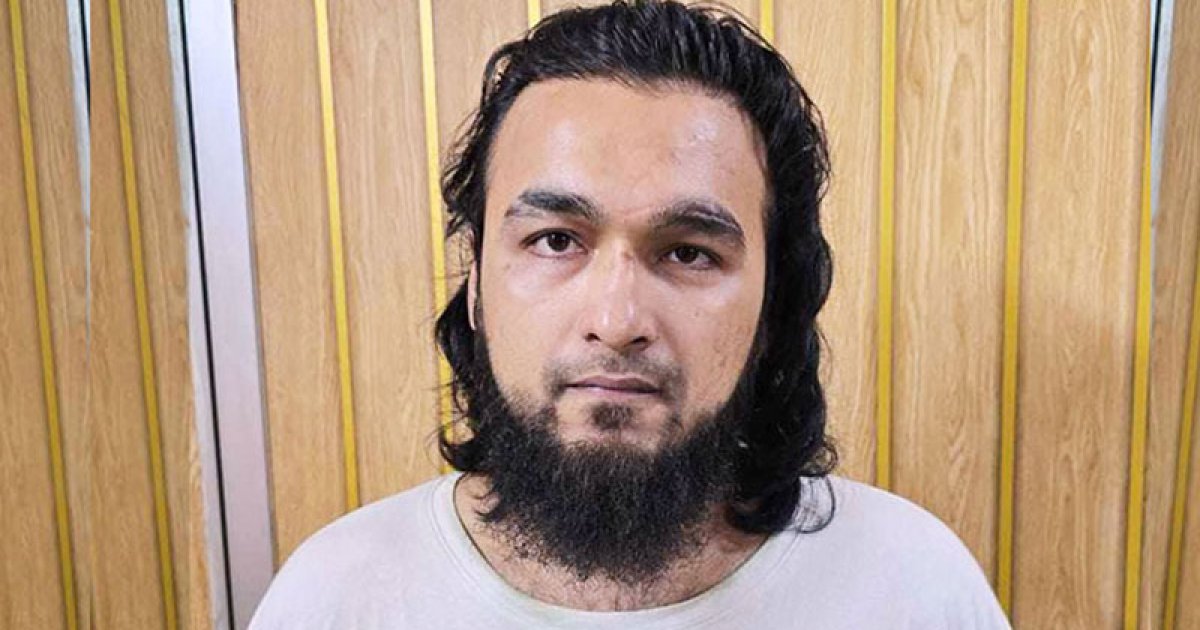
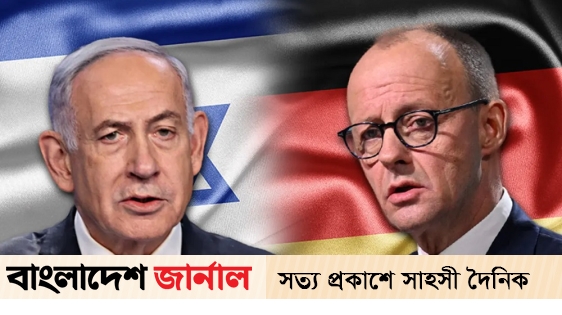
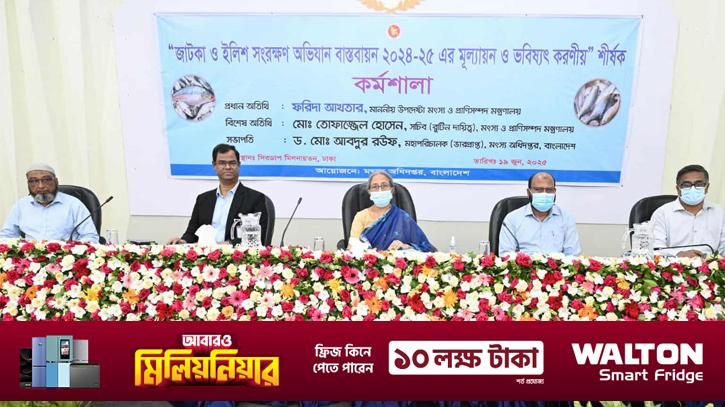



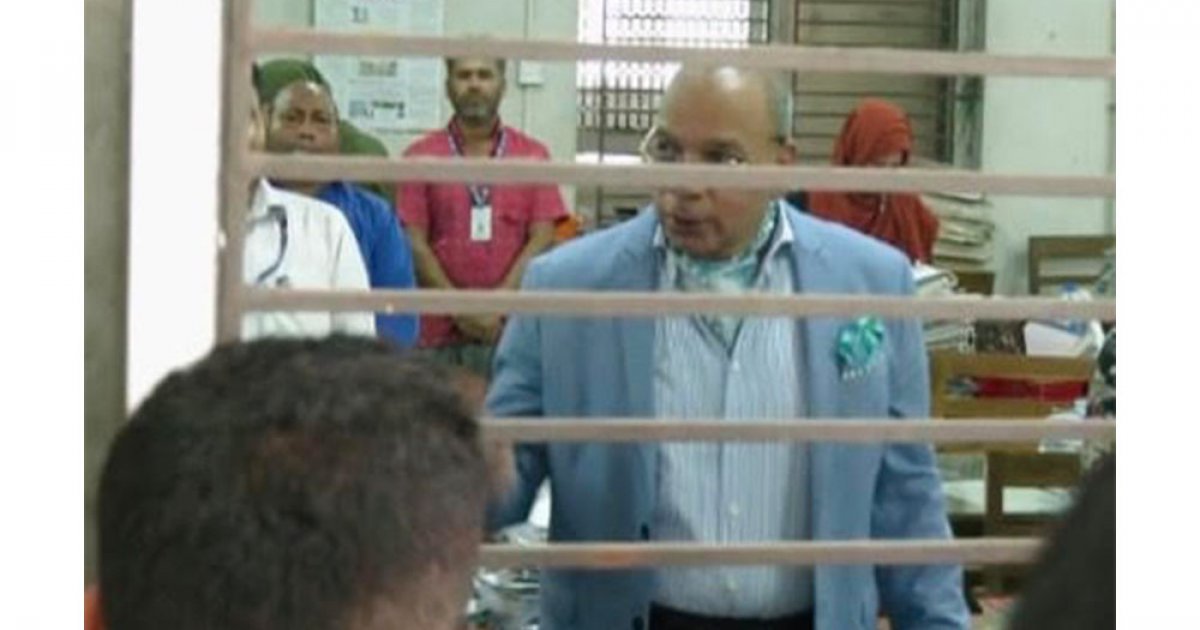
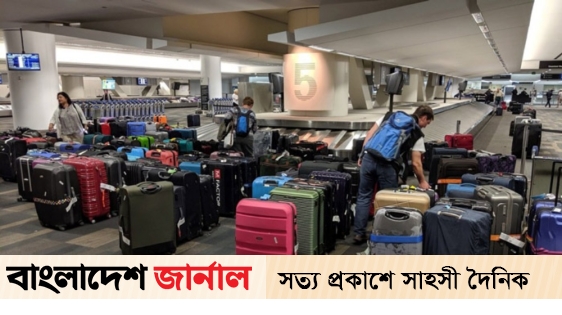

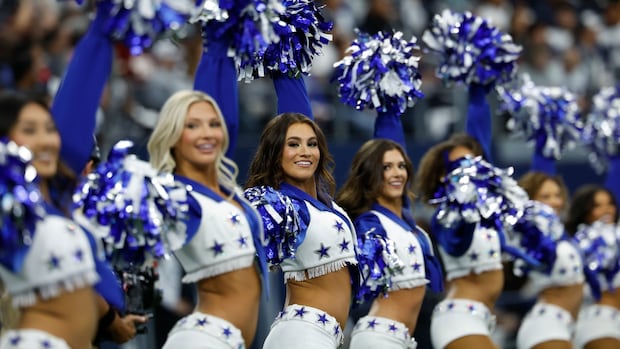
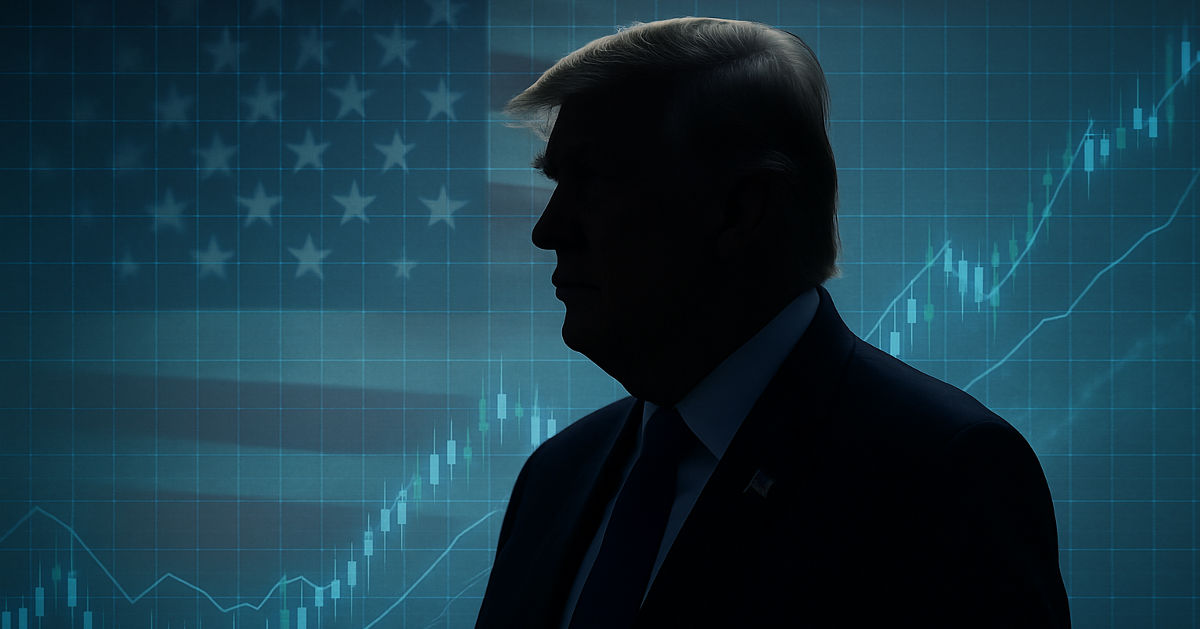
Leave a Reply